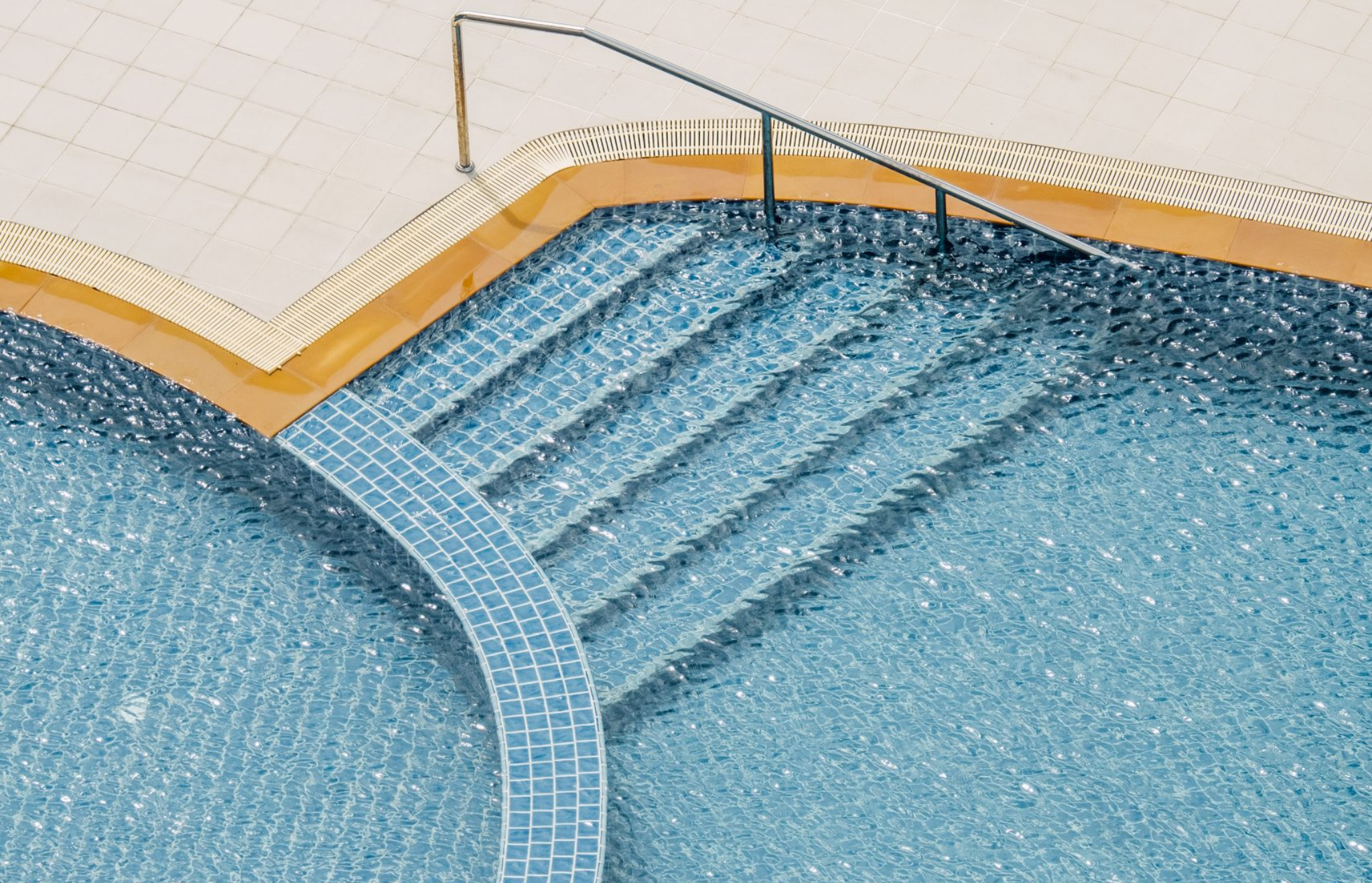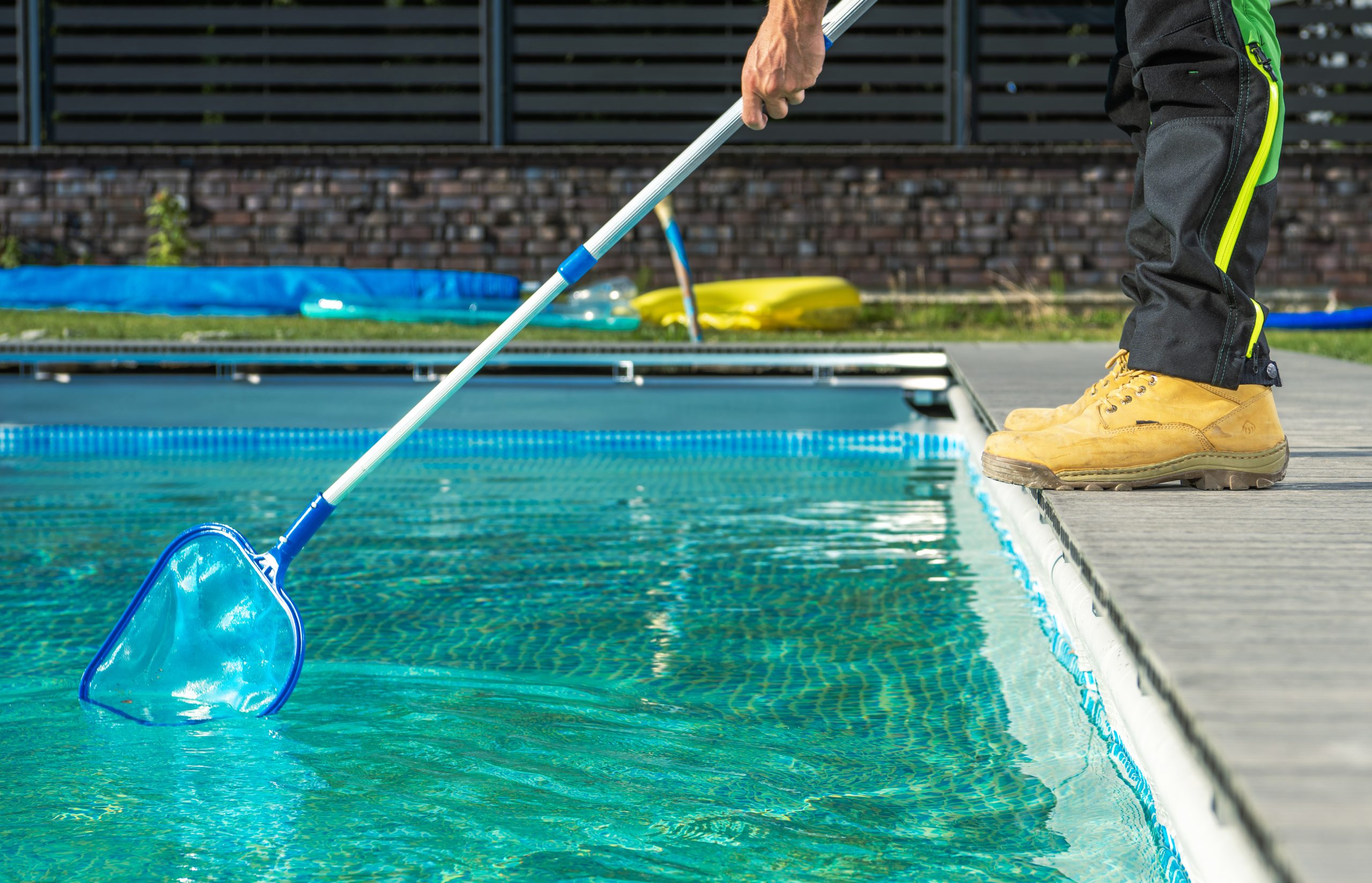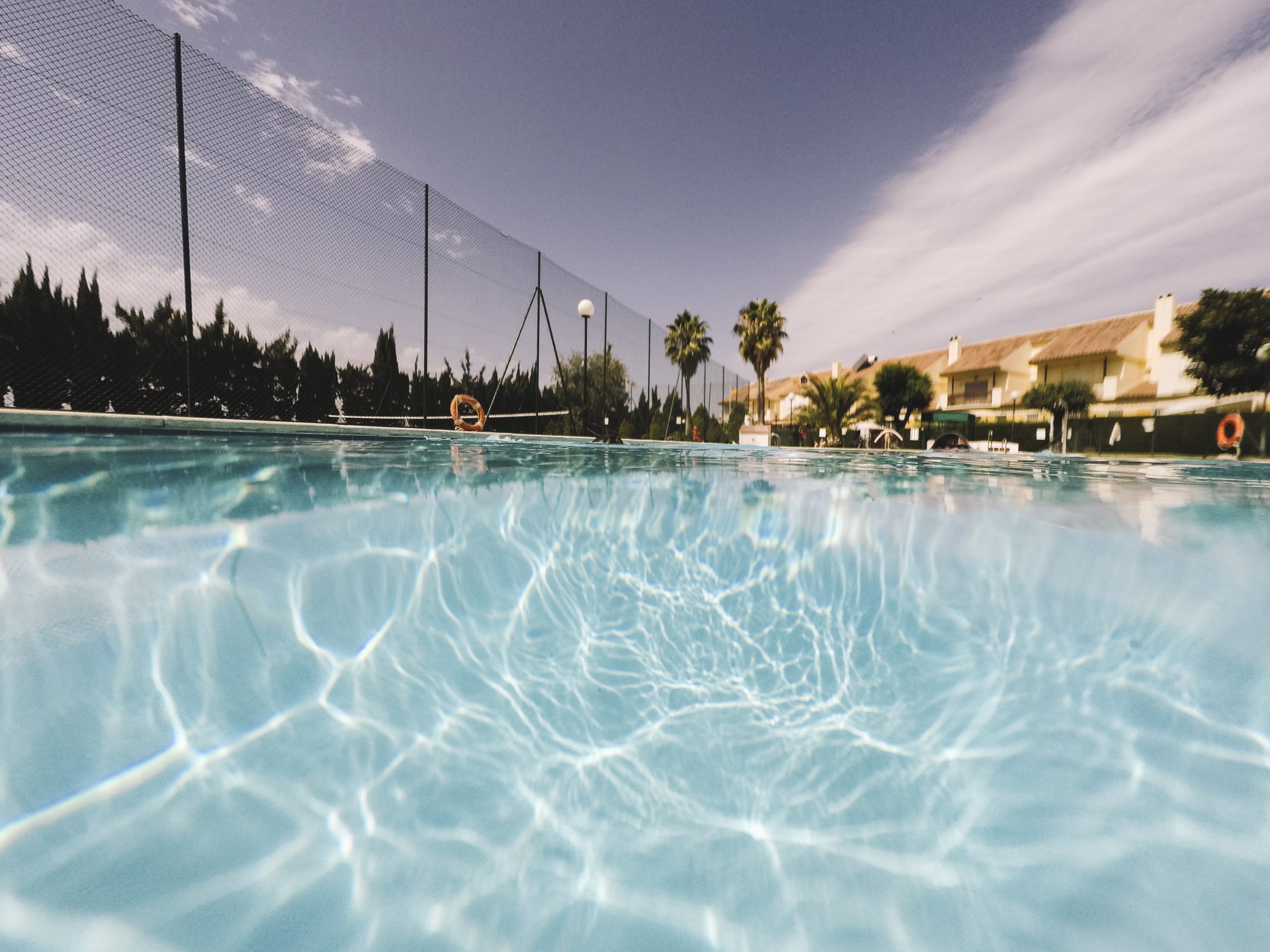Keeping your pool at the perfect temperature year-round requires choosing the right heater size. An undersized heater will struggle to maintain warmth, while an oversized unit may lead to unnecessary energy costs. So, how do you determine the correct size for your pool heater? Let’s break it down step by step.
Why pool heater size matters
The size of your pool heater directly impacts its efficiency and effectiveness. A properly sized heater will:
- Heat the pool quickly and maintain a steady temperature.
- Optimize energy usage and reduce operational costs.
- Extend the swimming season by maintaining comfortable water temperatures.
Factors that influence heater size
Several factors influence the size of the pool heater you need:
- Pool Surface Area – The larger the surface area, the more heat is lost, requiring a more powerful heater.
- Desired Temperature Rise – The difference between your current pool temperature and the desired temperature determines the heater’s power needs.
- Climate and Wind Exposure – Pools in colder climates or windy areas lose heat more quickly, requiring a larger heater.
- Pool Cover Usage – Using a pool cover significantly reduces heat loss, allowing for a smaller heater.
Step-by-Step heater size calculation
Follow these steps to estimate the right heater size for your pool:
Step 1: Determine pool surface area
Calculate your pool’s surface area (length × width). For example, a 20 ft × 40 ft pool has a surface area of 800 square feet.
Step 2: Determine the temperature rise needed
Decide how much you need to increase the water temperature. For instance, if your current water temperature is 70°F and your ideal temperature is 85°F, the temperature rise required is 15°F.
Step 3: Use the BTU formula
Heater sizes are measured in BTUs (British Thermal Units). Use this formula to estimate the required BTUs:
For an 800 sq. ft. pool with a 15°F temperature rise:
Since pool heaters typically come in standard sizes (100,000, 200,000, 300,000, 400,000 BTUs, etc.), round up to the nearest available size. In this case, a 150,000 BTU heater would be the minimum recommendation.
Gas vs. electric vs. Heat Pumps
- Gas Heaters: Heat water quickly and work well in cold climates but have higher fuel costs.
- Electric Heaters: Best for small pools or spas but can be expensive for larger pools.
- Heat Pumps: Energy-efficient, but they heat water more slowly and work best in warm climates.




